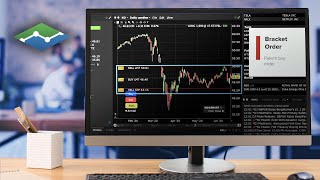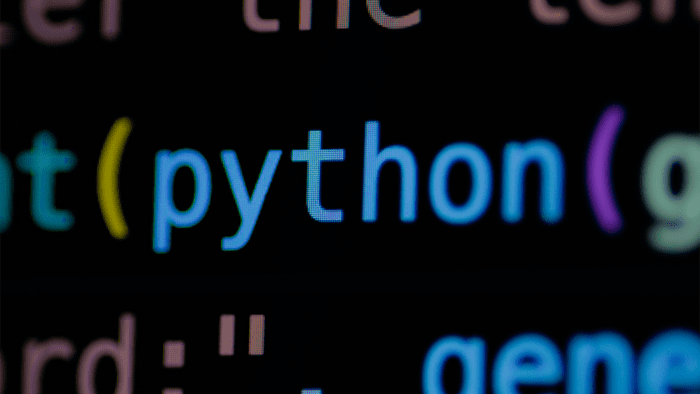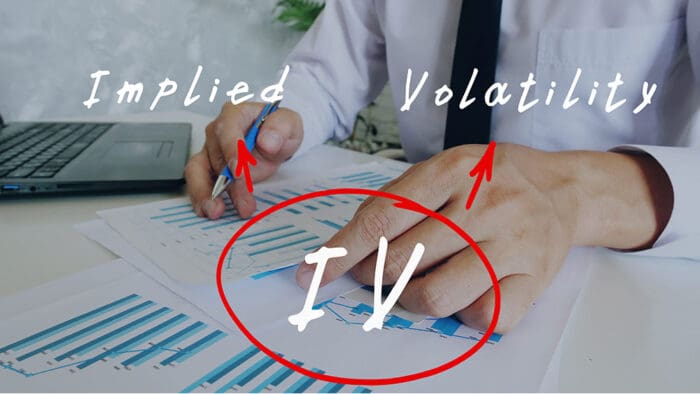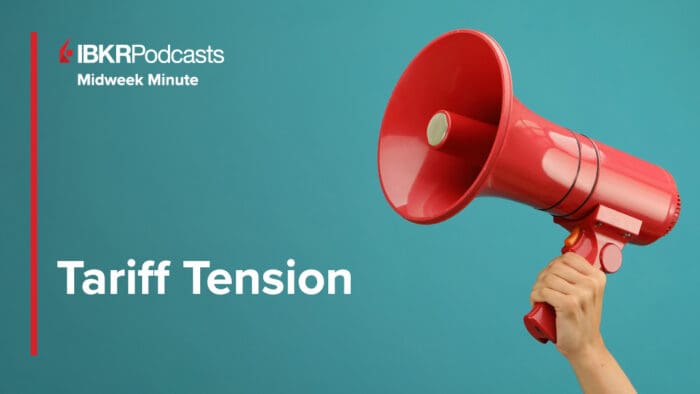Excerpt
In this article we will discuss which roles might be suitable for a technical career-changer, how to leverage your current skills as well as how to prepare for the types of interviews now found in modern quant hedge funds and investment banks.
Researcher or Developer?
The two broad types of ‘front office’ quant roles that are available in modern quant funds can be approximately partitioned into quantitative trading researchers and quantitative software developers/engineers. In investment banks there is also still an extensive amount of derivatives pricing that occurs, requiring specific mathematical capabilities.
The key differentiators for most roles in quantitative finance lies in the strength of the candidate’s coding ability as well as their mathematical and statistical maturity.
Individuals who are capable at programming—that is, software engineering experience with large object-oriented codebases—will likely gravitate to the quantitative developer roles. Those who are more used to writing scripts or interactive research via notebooks, but with a heavy emphasis on hypothesis testing and data analysis, will likely find quantitative research more suitable.
Quantitative Researcher
It will be a challenge to target a mid-level quantitative trading research role without either prior quant finance research experience or examples of other rigourous research carried out in your current industry.
This is often why a PhD is utilised as a barrier to entry for these roles as it usually comes with some form of publication record. Despite this, it is possible to head into a research role but it might be necessary to target a role at the more junior end.
In order to avoid the need for a publication record or evidence of commercial R&D experience it is possible to transfer to a research role once in a firm, e.g. from quant developer roles. This often only occurs after having demonstrated expertise for doing so after an extended period.
On the plus side many firms are now beginning to hire general ‘data scientists’ to work on alternative data (as opposed to traditional price/volume data). Data science and machine learning skills in Python (NumPy, Pandas and Scikit-Learn) will be valuable here. If you have a background in these technical areas you may find yourself in strong demand.
The Importance of Statistics
Engineering education often emphasises determinstic methods over statistical ones. While engineers are taught basic statistics at the undergraduate level the required maturity is not sufficient for most quantitative finance roles. Hence if you are serious about applying to become a quantitative researcher it will be necessary to improve your statistical maturity.
In the past many quantitative analysts were hired to price complex derivatives contracts, which made extensive use of stochastic differential equations and Ito Calculus. Hence the transition from engineer to quant was somewhat more straightforward, especially for those with a background in stochastic optimal control.
For quantitative trading researchers the necessary toolkit differs somewhat. While stochastic calculus is still highly valued in certain realms, the emphasis has shifted to statistical time series analysis, linear statistical techniques and Bayesian-based machine learning methods.
Even with a strong background in these fields it will still be necessary to demonstrate capability at applying these techniques to quant finance datasets, which are notorious for being non-stationary and for having a poor signal-to-noise ratio. Be prepared for interview questions relating to these aspects.
Quantitative Developer
Quant developer roles are an alternative to research. They generally require a background in either computer science at the junior end or a track record for skills in software engineering at the mid-career level.
The most important required skills include object-oriented programming, an extensive familiarity of data structures and algorithms as well as software engineering skills.
C++, Java and Python are good examples of languages used heavily within quant finance. Hence if you are interested in this track our advice is to try and practice as much software development as possible by writing your own large-scale projects or by contributing to open source software.
The Importance Of Coding
It should be emphasised that irrespective of whether you target quant research or quant developer roles you will need to have a reasonable proficiency in coding. 80-90% of a quant’s day is spent coding, whether they are developer or researcher. Hence if your current career path has not exposed you to coding, you will need to obtain this knowledge elsewhere.
In academia there is a prevalence of code written in MATLAB and Fortran, without any usage of object-oriented techniques. For quantitative developers specifically it will be necessary to be familiar with algorithms, data structures and design patterns, as well as an object-oriented language such as C++, Java and Python, prior to attempting interviews.
Whether you decide to pursue a quant researcher or quant developer role it should be noted that quant teams make extensive use of modern project management techniques such as Agile software development. This will require familiarity with version control software—such as Git—as well as an understanding of modern software testing methodology along with skills of using the Linux command line.
These methods are often in contrast to the longer release cycles that can be found in traditional engineering industries. Thankfully there are may online courses, tutorials and books available to teach these skills.
Visit QuantStart Blog to read the full article:
https://www.quantstart.com/articles/engineering-to-quant-finance-how-to-make-the-transition
Disclosure: Interactive Brokers Third Party
Information posted on IBKR Campus that is provided by third-parties does NOT constitute a recommendation that you should contract for the services of that third party. Third-party participants who contribute to IBKR Campus are independent of Interactive Brokers and Interactive Brokers does not make any representations or warranties concerning the services offered, their past or future performance, or the accuracy of the information provided by the third party. Past performance is no guarantee of future results.
This material is from QuantStart and is being posted with its permission. The views expressed in this material are solely those of the author and/or QuantStart and Interactive Brokers is not endorsing or recommending any investment or trading discussed in the material. This material is not and should not be construed as an offer to buy or sell any security. It should not be construed as research or investment advice or a recommendation to buy, sell or hold any security or commodity. This material does not and is not intended to take into account the particular financial conditions, investment objectives or requirements of individual customers. Before acting on this material, you should consider whether it is suitable for your particular circumstances and, as necessary, seek professional advice.















Join The Conversation
For specific platform feedback and suggestions, please submit it directly to our team using these instructions.
If you have an account-specific question or concern, please reach out to Client Services.
We encourage you to look through our FAQs before posting. Your question may already be covered!